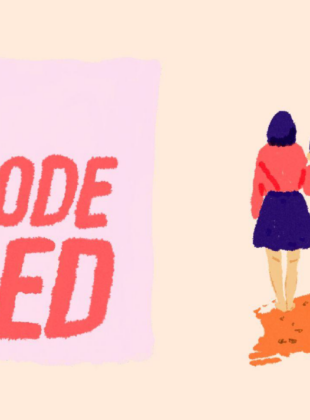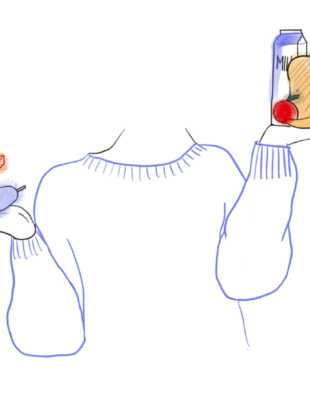Gender Equality in the Netherlands

The Netherlands prides itself as a global champion of gender equality. Putting its money where its mouth is, the Netherlands has one of the world’s biggest funds to promote equal rights for women and girls, along with sexual and reproductive health rights and was ranked 2nd in the EU Gender Equality Index in 2023. However, are these sufficient?
Among people who menstruate in the Netherlands, who will be referred as respondents throughout this article, the consensus is clear: there is still much work to do. Whilst most respondents agree that they have access to high-quality healthcare services, education, and control to their reproductive health choices, the same cannot be said when it comes to representation in politics and leadership, fair wages, and security.
No Girl Boss to be found: respondents are deprived from access to power and prestige
One third (34%) of all surveyed say that people like them are adequately represented in politics and leadership positions and are paid fairly compared to men for the same work. Only half of the respondents (48%) believe they are portrayed in a fair and empowering way, and concerningly, just shy of three in five (57%) state that people like them are valued and respected by Dutch society. Altogether, the numbers paint a reality that is still far from gender equality.

Threat of gender-based violence and discrimination persist
Heart-breakingly, the lack of equality is also reflected in perception of safety. Although the Netherlands sits comfortably in the top 20 safest country in the world, only half of the respondents (51%) feel safe from gender-based violence in their community and the whole country. Similarly, half (51%) report feeling comfortable reporting instances of harassment or discrimination against women, further jeopardising the feeling of safety. Social support, a potential source that could bolster their feelings of safety, is also missing for a considerable number of respondents, with just three in five respondents (60%) report they feel a sense of belonging to their community and social circles.

Bridging the Gap to True Gender Equality in the Netherlands
Despite its global reputation for gender equality, the Netherlands still has work to do in addressing the lived realities of the respondents. The gaps in political representation, pay equality, and safety from gender-based violence highlight that gender equality must also be reflected in social attitudes and systemic change, on top of government policy. The Netherlands needs to prove its claim as a champion of gender equality to those who matter the most: its people.
If you’d like to find out more about the research or arrange a call with one of the team to take you through the findings of our research into people who menstruate in the Netherlands in more detail, please email europe@opinium.com.
Opinium surveyed 2,539 people who menstruate in the Netherlands aged 12-55 years old, between July 2nd – August 22nd 2024.




